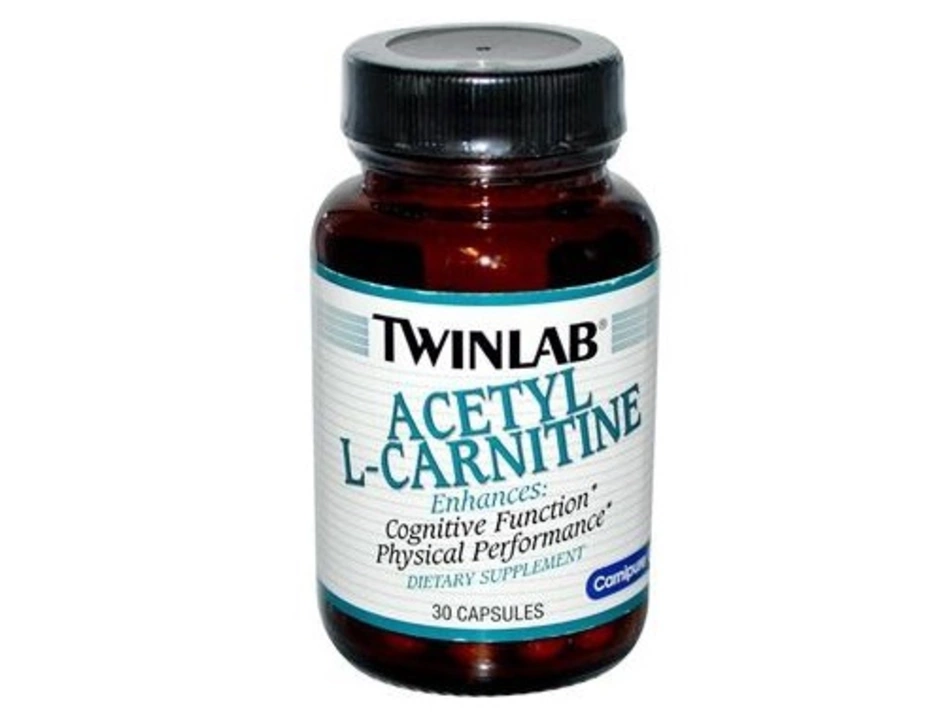Acetyl-L-Carnitine (ALCAR): What It Does and Who It Helps
Acetyl-L-carnitine, usually called ALCAR, is a natural nutrient your body uses to turn fat into energy and to support brain function. Unlike plain L-carnitine, ALCAR crosses into the brain more easily, which makes it a popular choice when people want memory, focus, or mood support. Folks use it for nerve pain, age-related memory issues, chronic fatigue, and to aid recovery after exercise.
Benefits and real-world uses
Clinical trials show the clearest benefits for diabetic neuropathy and some types of age-related cognitive decline. People with nerve pain often report less burning or tingling after consistent use for several weeks. For memory and alertness, some studies find modest improvements—especially in older adults or those with mild cognitive decline.
Athletes sometimes take ALCAR to help with energy metabolism and recovery, though performance boosts are not guaranteed. Some people with low mood or fatigue note better motivation and sharper thinking. Expect any change to appear slowly—usually over a few weeks—rather than instantly.
How to take ALCAR and stay safe
Common doses range from 500 mg to 2,000 mg per day. Many studies use about 1,000–1,500 mg daily, split into two doses. Start low (500 mg) to check tolerance and then increase if needed. Take it in the morning or early afternoon—ALCAR can make some people feel more awake, which may affect sleep if taken late.
Side effects are usually mild: nausea, stomach upset, and occasional restlessness. Rarely, people report a fishy body odor. If you have a thyroid condition, discuss ALCAR with your doctor, since it can influence thyroid hormone levels. People with bipolar disorder should be cautious—there are case reports of ALCAR triggering agitation in sensitive individuals.
ALCAR can interact with blood thinners and some thyroid medicines. Tell your healthcare provider about any prescription drugs before starting supplements. Also mention planned surgery—some supplements affect anesthesia and recovery.
Pairing ALCAR with alpha-lipoic acid (ALA) is common; together they’re used in studies for neuropathy and metabolic support. If you try a combo, use lower starting doses and monitor for side effects. Choose products from brands that publish third-party test results and follow Good Manufacturing Practice (GMP) standards.
Quick checklist: start at 500 mg daily, increase slowly to 1,000–1,500 mg if needed, take earlier in the day, watch for stomach upset, and check with your doctor if you take medications or have thyroid or mood issues. Track your symptoms and energy for several weeks to judge benefit.
If you want, I can pull study summaries for specific uses (like neuropathy or memory), compare brands, or suggest dosing tailored to age and health. Which would help most right now?

